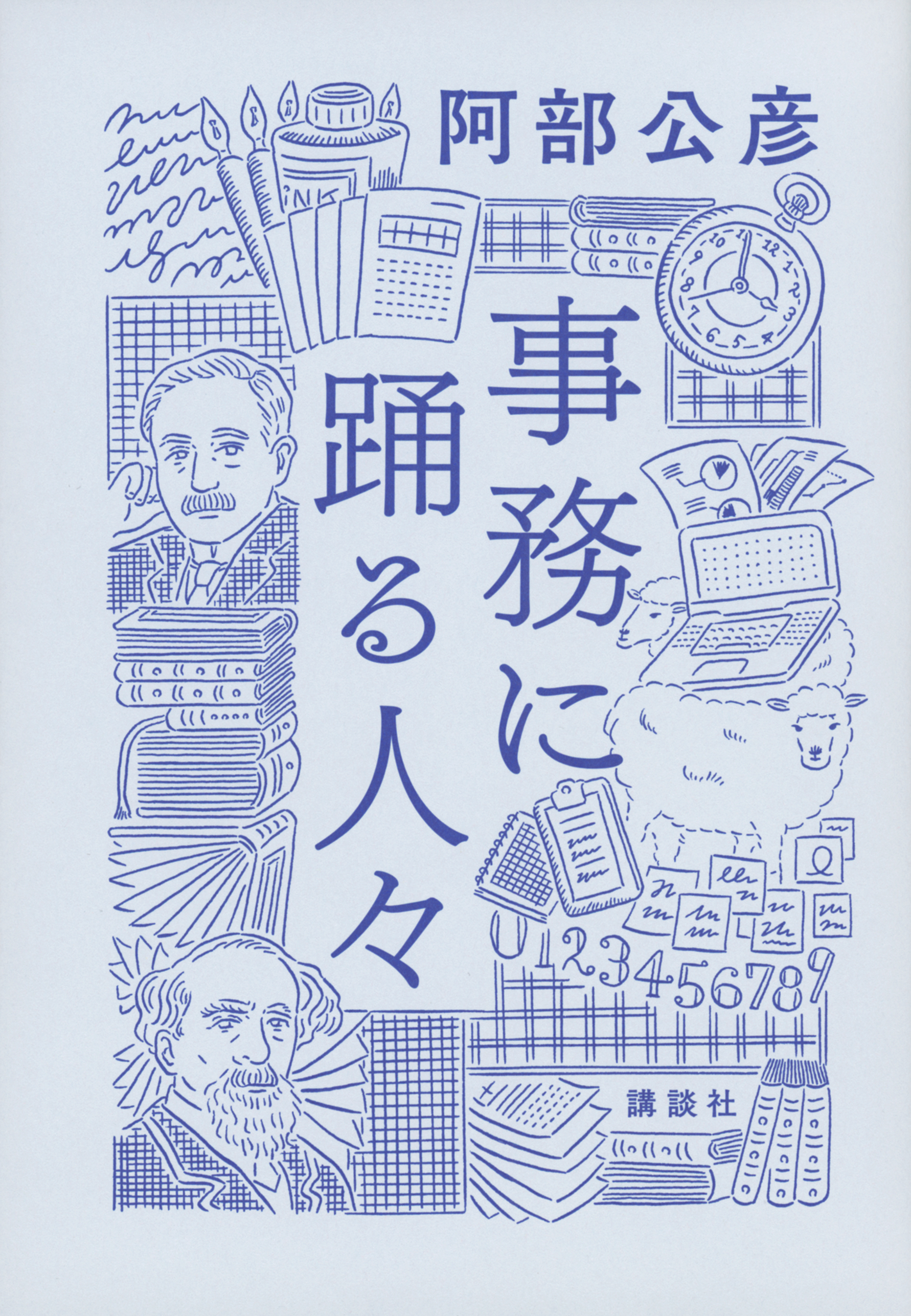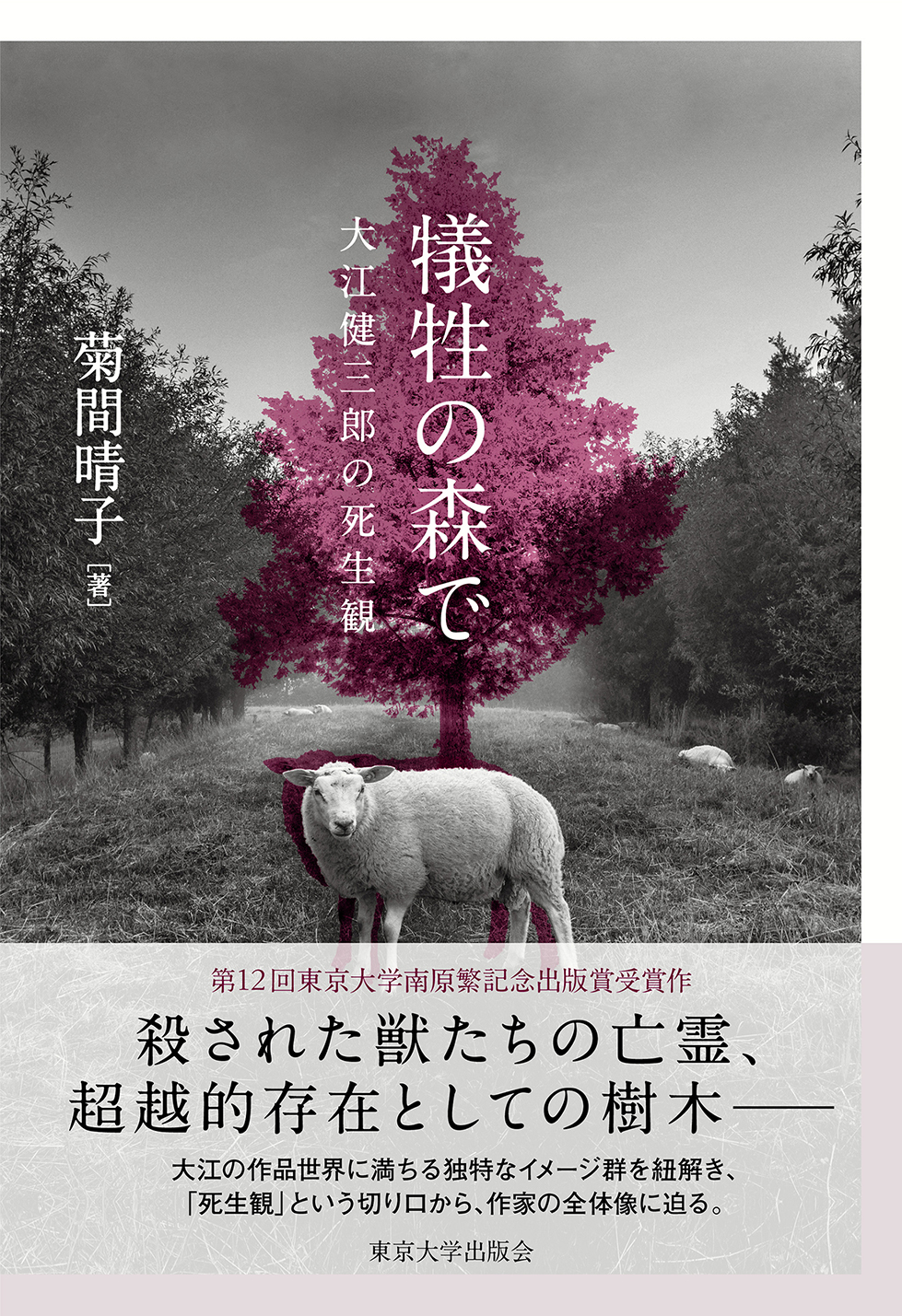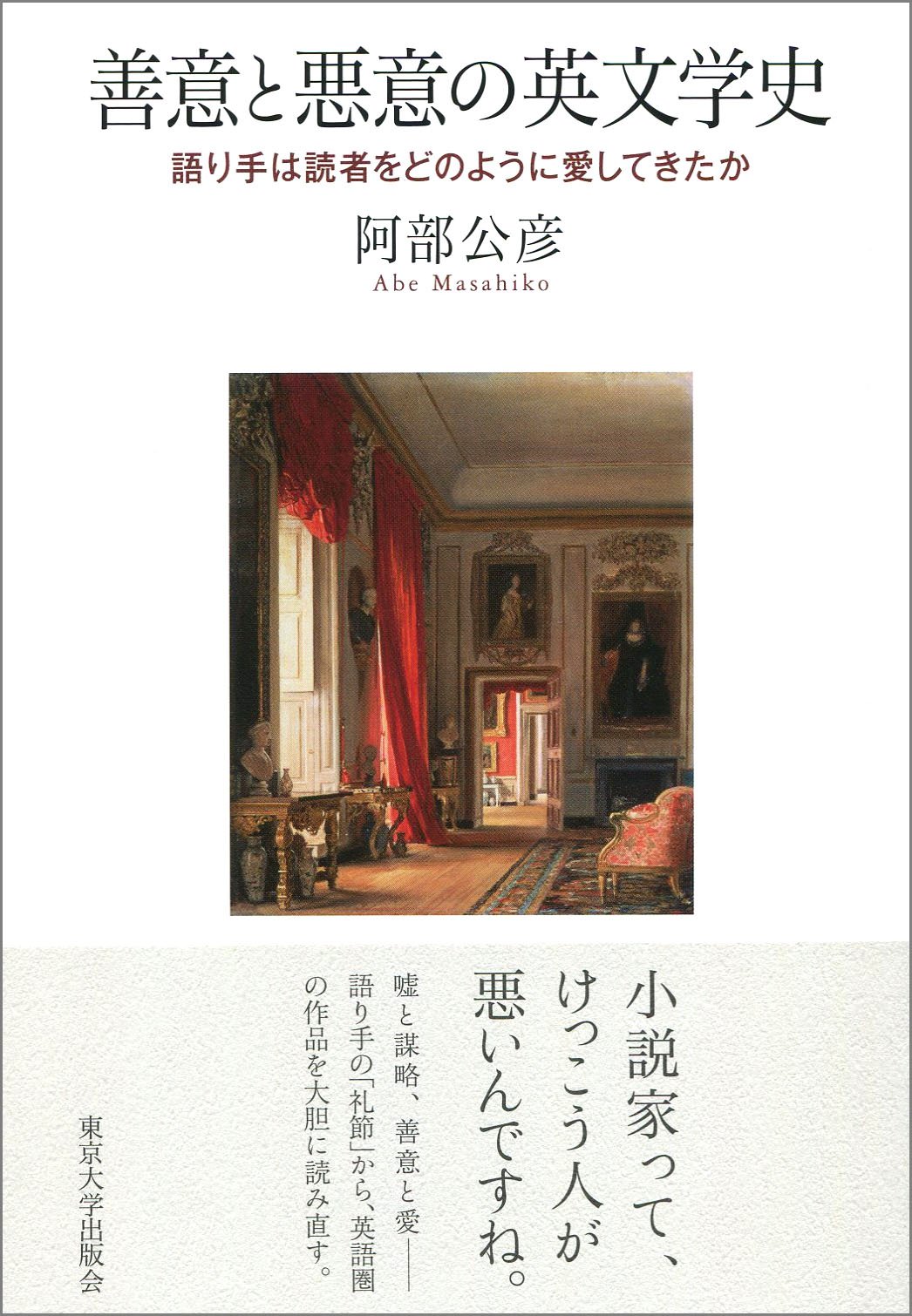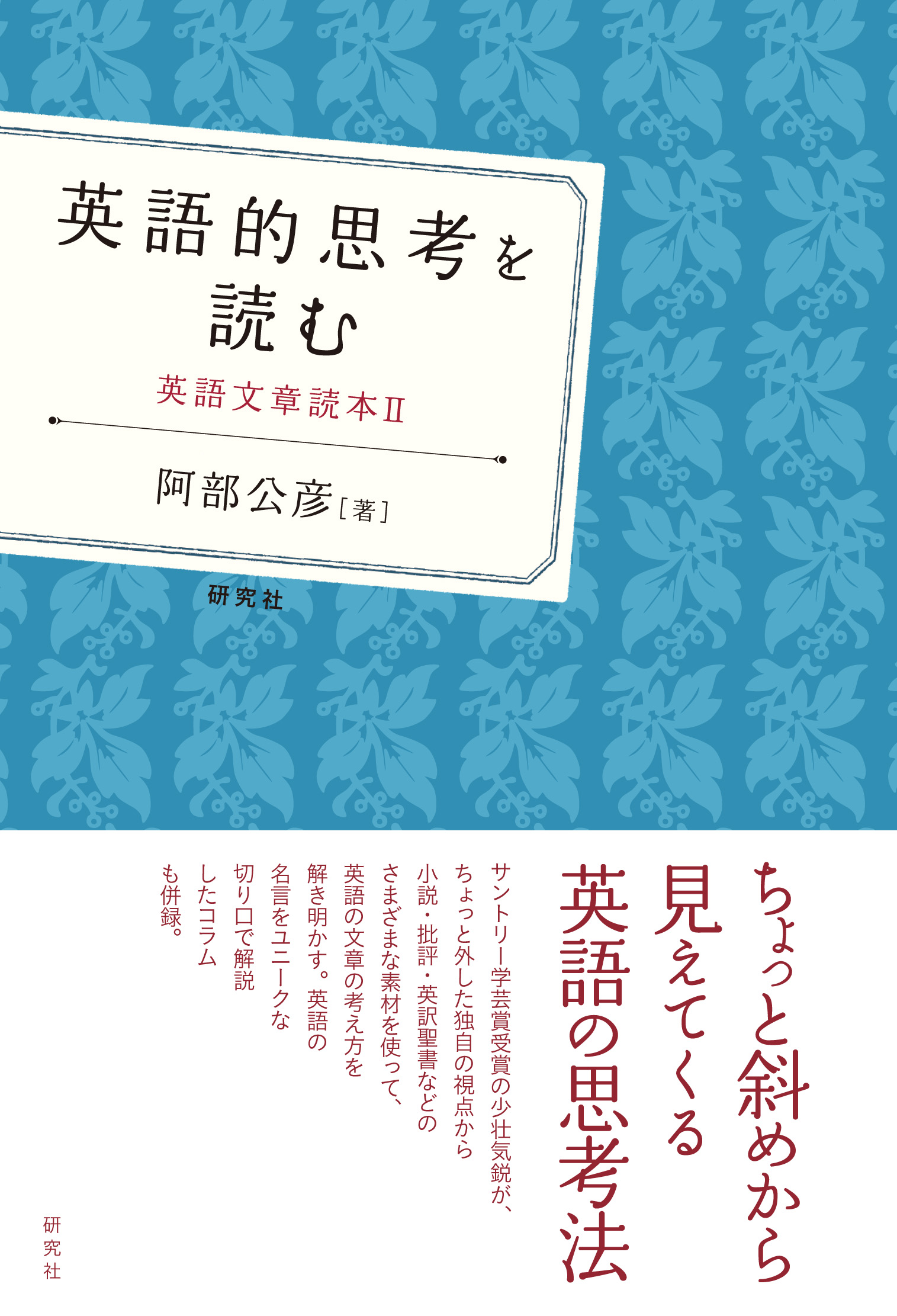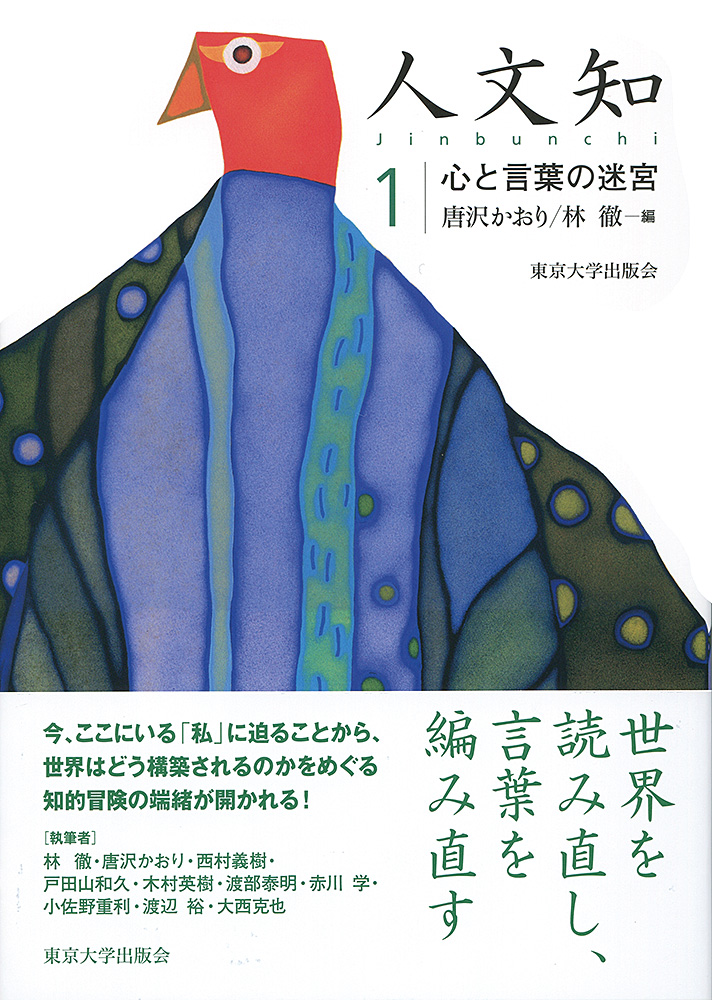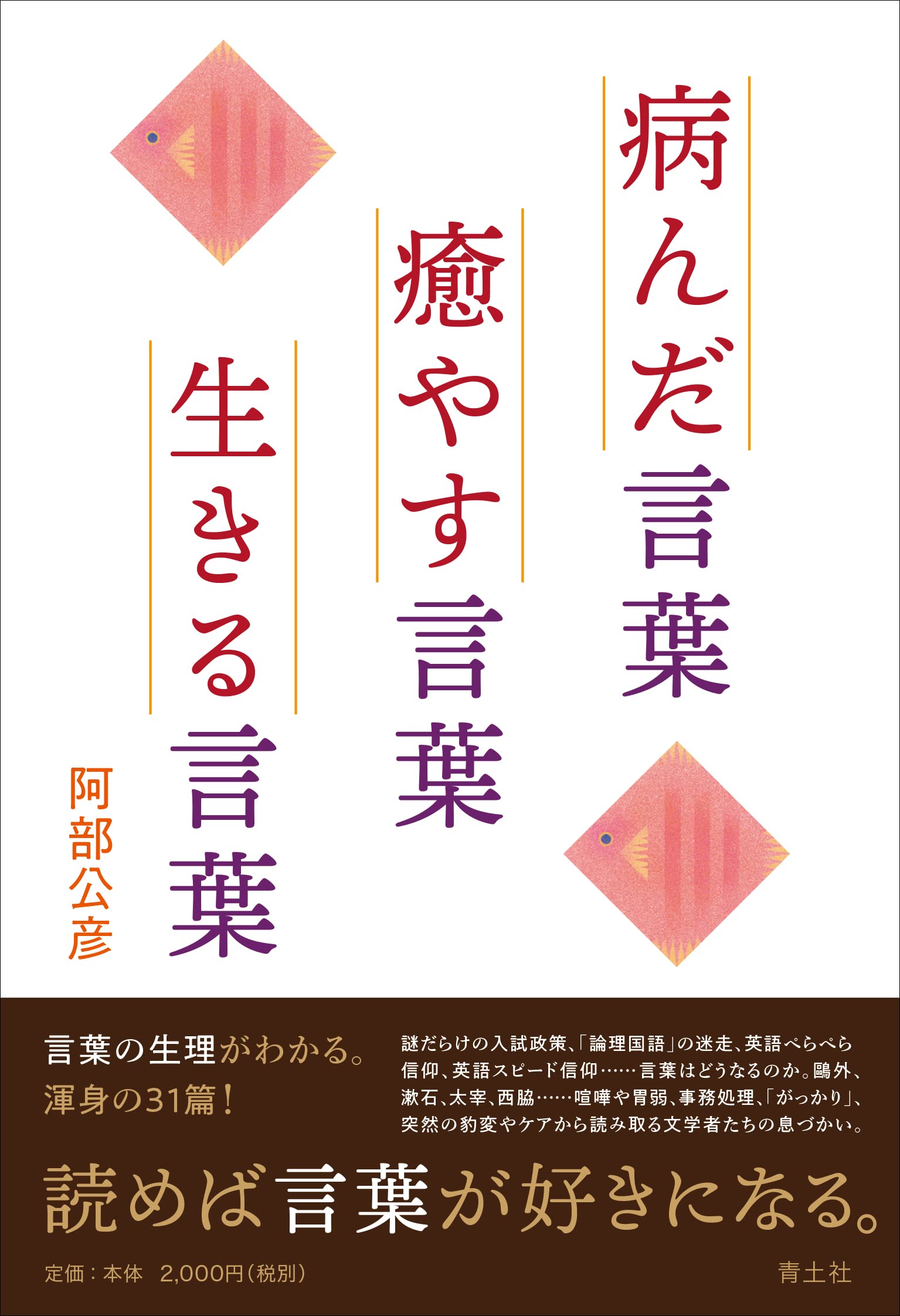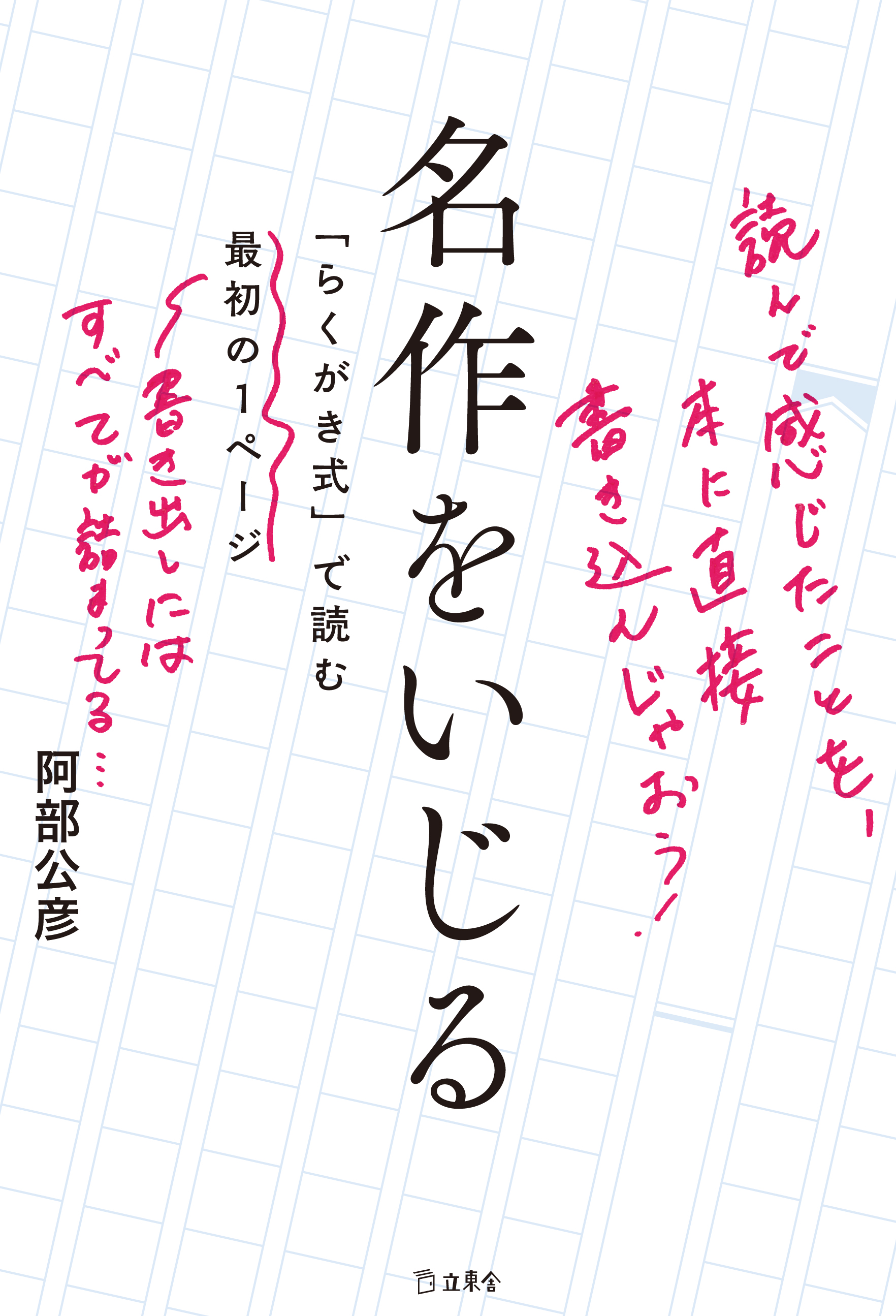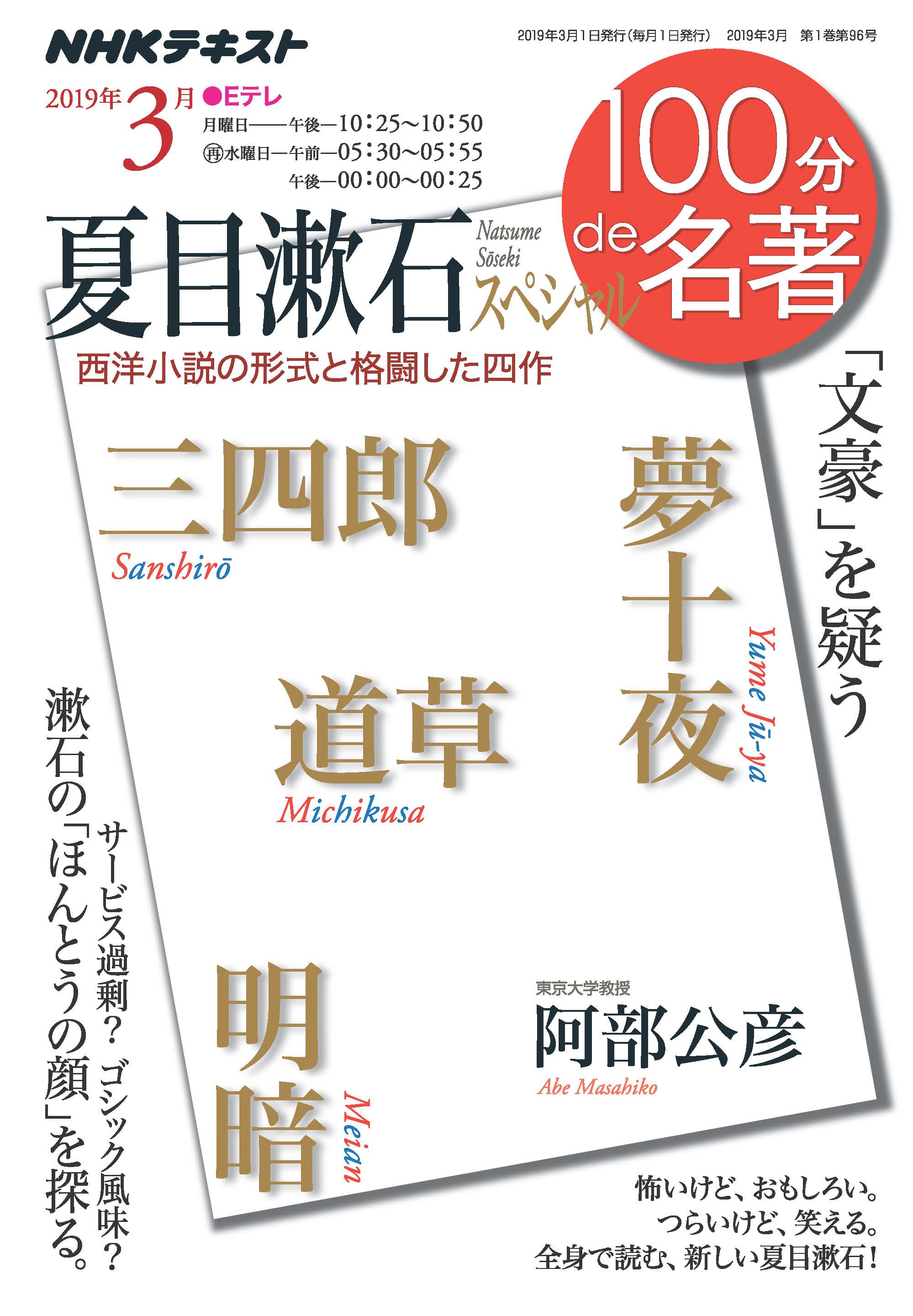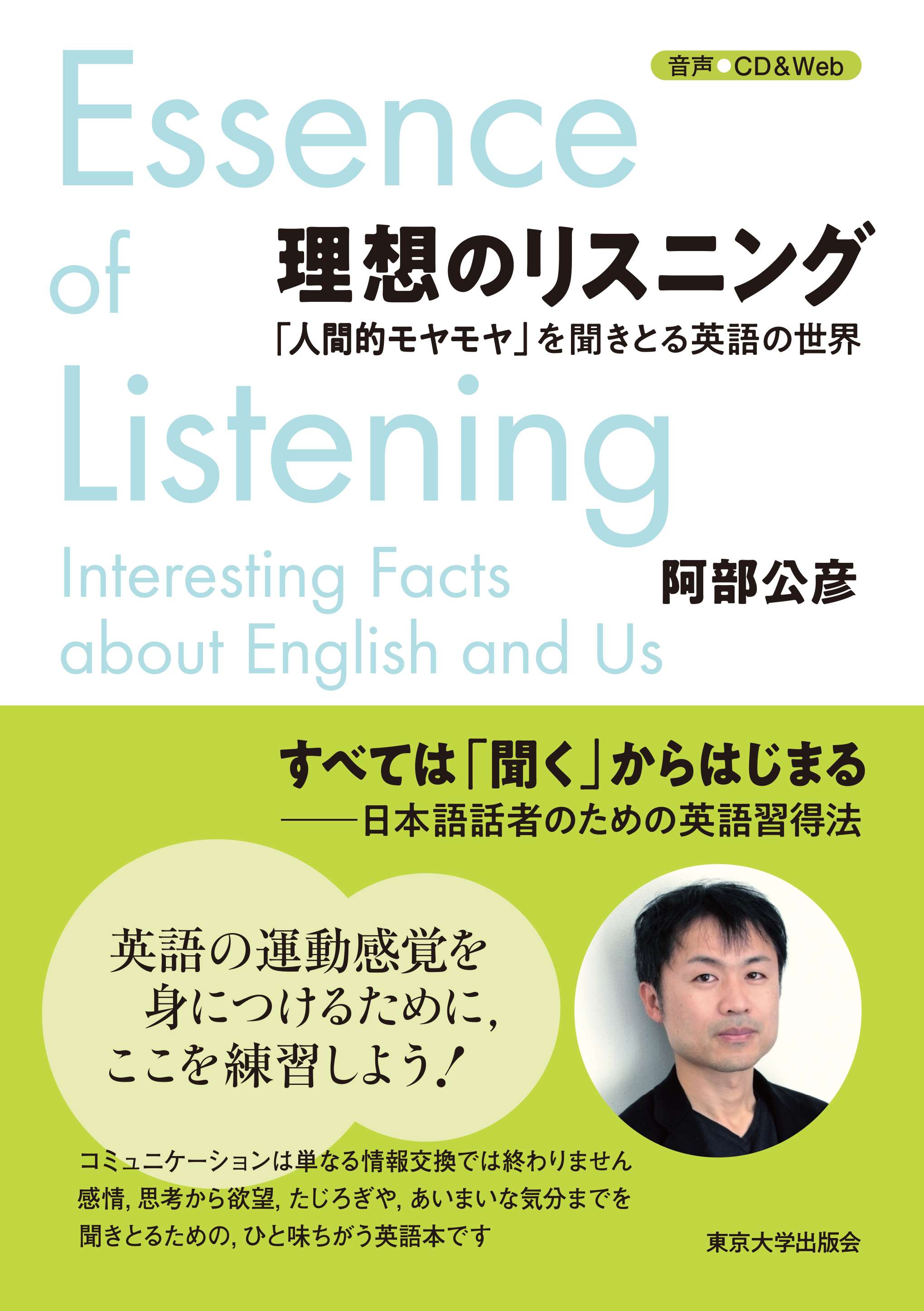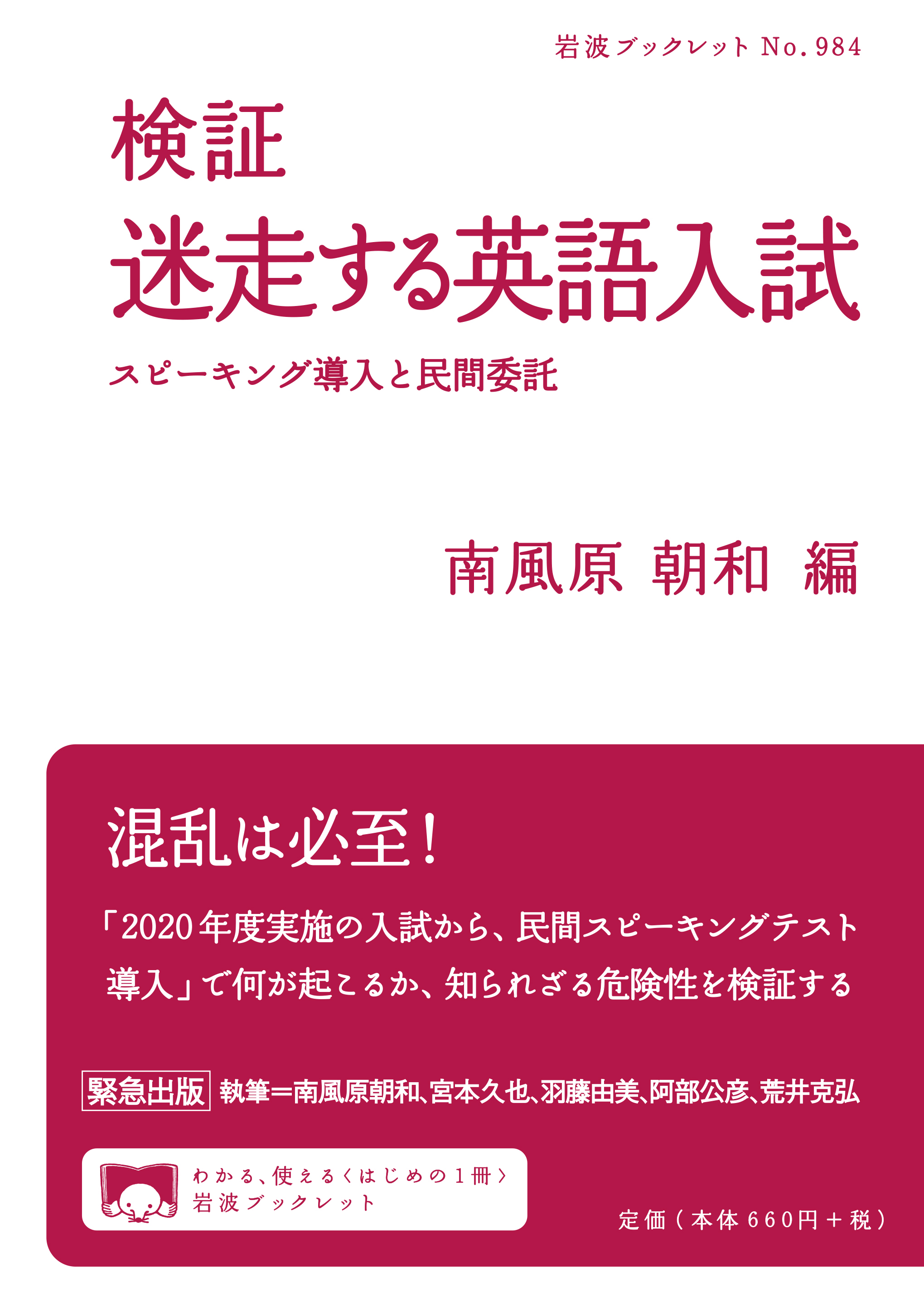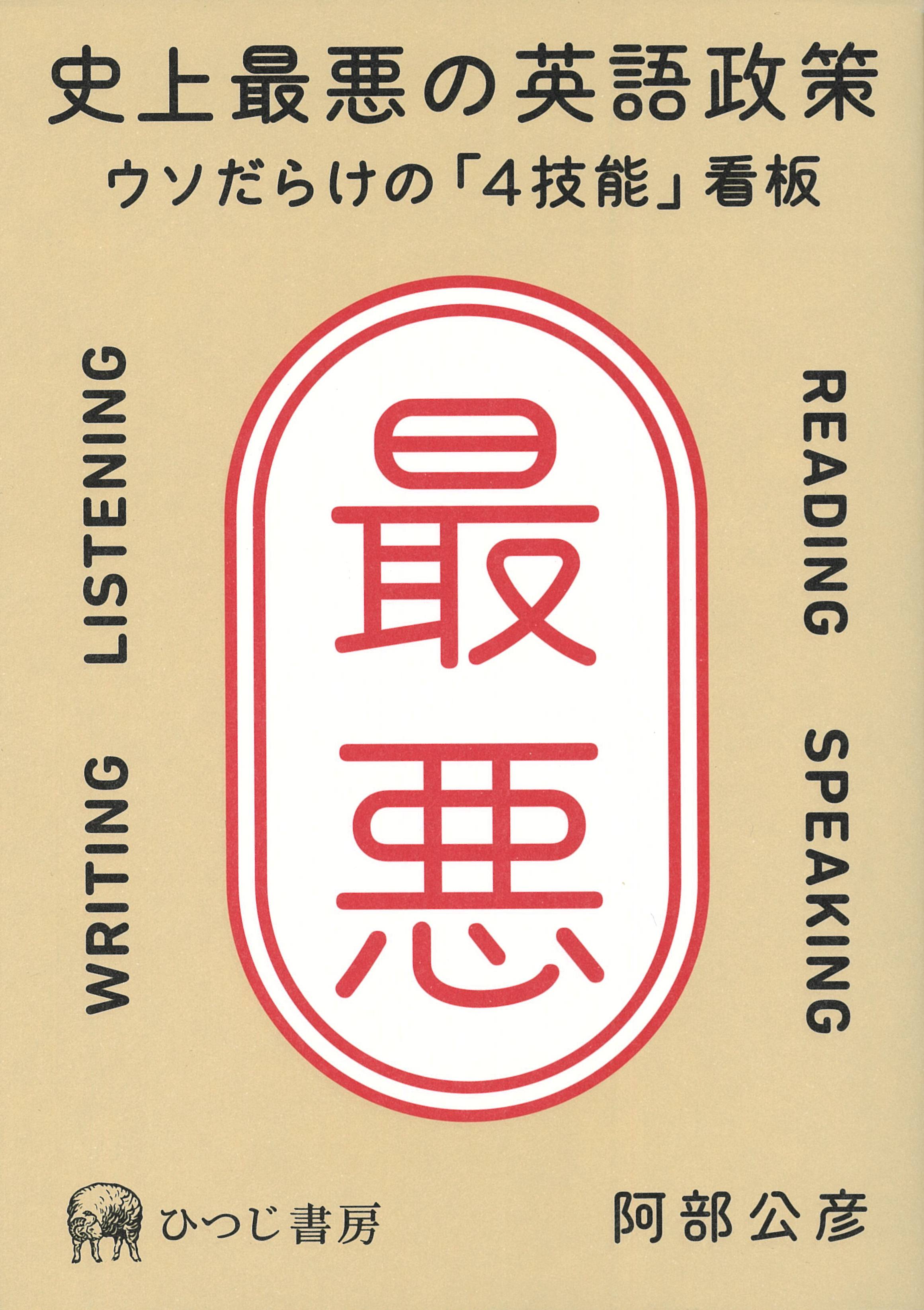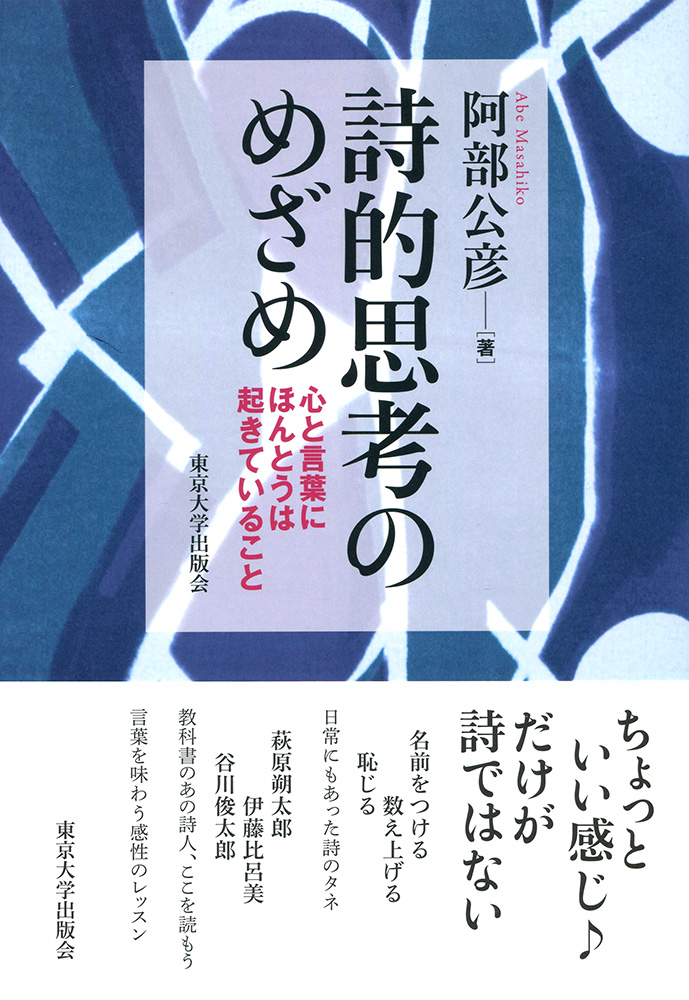
Title
Shiteki Shiko no Mezame (Discovering the “Poetic” - What Is Really Happening in Our Minds and Language)
Size
240 pages, 127x188mm
Language
Japanese
Released
February 20, 2014
ISBN
978-4-130-83064-5
Published by
University of Tokyo Press
Book Info
See Book Availability at Library
Japanese Page
People are fond of the word “poetic.” Poetic feelings, poetic embellishment, poetic expressions—In Japanese, poetic is like a cosmetic tool: just using it makes things feel a little nicer. However, I think we have to be careful when we use the word poetic. The adjective poetic is applied, unduly, with a genial sense of comfort, and it seems to have lost its authority as a word.
This book is written in the hope of restoring the original meaning to the word poetic. The adjective poetic does more than signify something a little nice: it can also rouse extraordinary tension and excitement experienced when we engage with the world. It can not only be applied to moods and emotions but also be used to indicate how our mind functions as a whole.
In the first half of the book, titled “Poetry in Our Daily Life,” I look over the origins of our ambiguous way of interacting with poetry. We know of it, yet we do not really know it—poetry occupies that kind of hazy territory. Without us realizing it, poetry holds considerable meaning within our daily lives. I would like to focus on this point and determine where on earth this meaning lies.
The first two chapters are aimed at readers who feel uncomfortable with the genre of poetry. There are many people for whom the mere idea of poetry invites a negative reaction. Even quite a few literary researchers and critics limit the scope of their work to novels, because they “don’t understand” poems. Perhaps, deep down, most people feel that they are “not really good with poetry.” This is also true for me. In that case then, admitting that we are “not good with poetry” at the very outset should in fact enable us to discuss the most fundamental aspects.
The second half of the book, titled “Poetry in Practice,” addresses individual poetic works one chapter at a time and considers what points to focus on in each poem. Wherever possible, I have tried to avoid the kind of explanations that force a “correct answer” on the reader. What I wanted to stress is that the words of poems provide a space in which to experiment with or discuss them in one way or another. In other words, poetry gives us the opportunity to lean forward from the gallery and participate in the work. By reaching out in this way, we can experience all kinds of discoveries and encounters. I hope that these chapters will be thought of as practice for expanding that world through the discussion of poetry.
(Written by ABE Masahiko, Associate Professor, Graduate School of Humanities and Sociology / 2017)



 Find a book
Find a book


 eBook
eBook